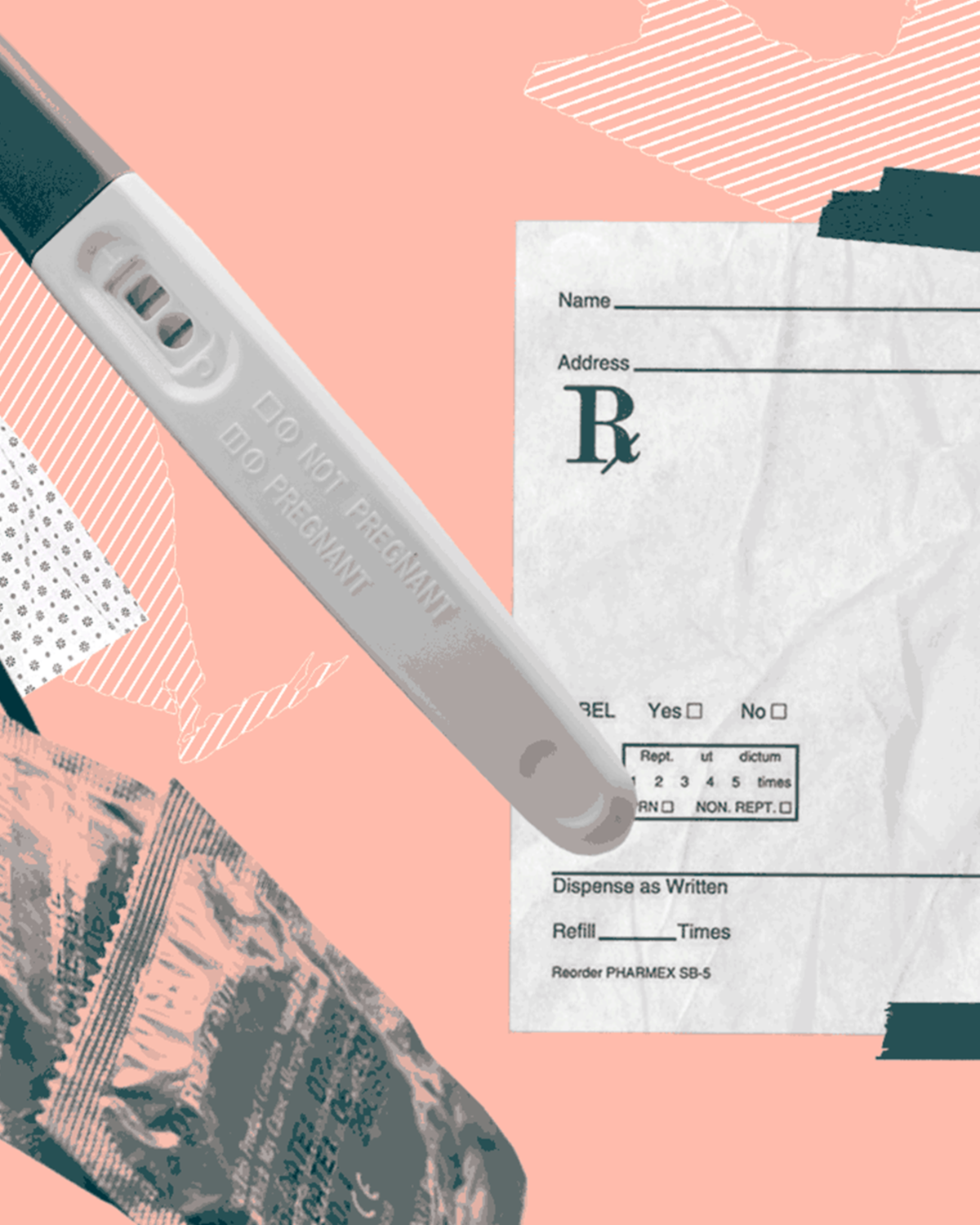

As states across the country roll back abortion rights and access, New York has emerged as a beacon of hope. After years of determined work by advocates to update our state abortion law, the Reproductive Health Act (RHA) became law in early 2019.
New York’s old abortion law hadn’t been updated in 50 years and regulated abortion in the state criminal code – as an exception within the homicide law. No other medical procedure is regulated like a crime, and now, thanks to the RHA, neither is abortion care.
New Yorkers should be able to get the care they need throughout pregnancy, but New York’s old abortion law was passed three years before Roe. That meant it didn’t include baseline constitutional protections from the 1970 Roe decision that ensure access to care throughout pregnancy when their health or life is at risk, or when a pregnancy is not viable. The RHA makes sure our abortion law and our politicians don’t stand in the way of decisions best left to a patient and their health care provider.
When New York’s old abortion law was passed in 1970, the practice of medicine was limited to doctors, but that’s not our modern medical reality. The RHA ensures that qualified, licensed health care providers can provide early and safe abortion services within their expertise and training. By ensuring that patients can seek care from advanced practice clinicians, like nurse practitioners, the RHA improves access to safe and affordable care, particularly for low-income and rural communities.
7 in 10 Americans support access to safe, legal abortion care and do not want Roe v. Wade overturned. The overwhelming majority believe that once a person has decided to have an abortion, they should be able to get one that is supportive, affordable, and obstacle-free.
Politicians have stopped pretending that these restrictions are about protecting patients’ health. They’ve been clear – these laws are about taking away the right to have an abortion, PERIOD.
President Trump has emboldened extreme politicians at the state level by appointing Justices to the Supreme Court who he promised would overturn Roe v. Wade. He has even suggested a woman who receives abortion care should be punished.
The practice of medicine has changed dramatically since 1970, when New York’s old abortion law was passed, and qualified clinicians today provide a range of care that was once available only from doctors. These advanced practice clinicians (APCs) include nurse practitioners.
By clarifying that APCs may legally provide care, the RHA improves abortion access to traditionally underserved areas such as rural and low-income communities. Empowering these clinicians makes abortion both safer and more accessible. The state still governs which practitioners provide abortion – the RHA has not changed how medical practice is regulated.
Every pregnancy is different and politicians are not medical experts. They should not interfere with the best advice of medical professionals or the personal decisions we make for ourselves and our families.
In some cases, abortion care later in pregnancy is medically indicated and necessary. In other cases, it is not possible to get early abortion care. Many things may stand in the way, from affordability to travel difficulty. Every pregnancy is different. The RHA ensures that a patient’s individual needs and circumstances are what drives decision-making, not second-guessing from people who aren’t in a patient’s shoes.
The RHA ensures that doctors have the full range of medical treatment options throughout pregnancy based on what is appropriate for the patient – including abortion care – all based on specific medical circumstances, and without political interference.
This includes medical practitioners who operate outside the scope of practice, or people who harm pregnant New Yorkers. The RHA protects your rights to abortion care while maintaining existing medical and legal processes to handle bad actors.
When anti-abortion opponents falsely claim the RHA would let those who attack pregnant people get away with it, they are really arguing for fetal personhood – a legal construct that would limit the rights and legal protections of pregnant people. They are wrong about the laws of New York state. Courts in New York have found that an attack on a pregnant woman that results in fetal loss constitutes first degree assault, which carries a far greater penalty than the charge of abortion under New York’s old abortion law.